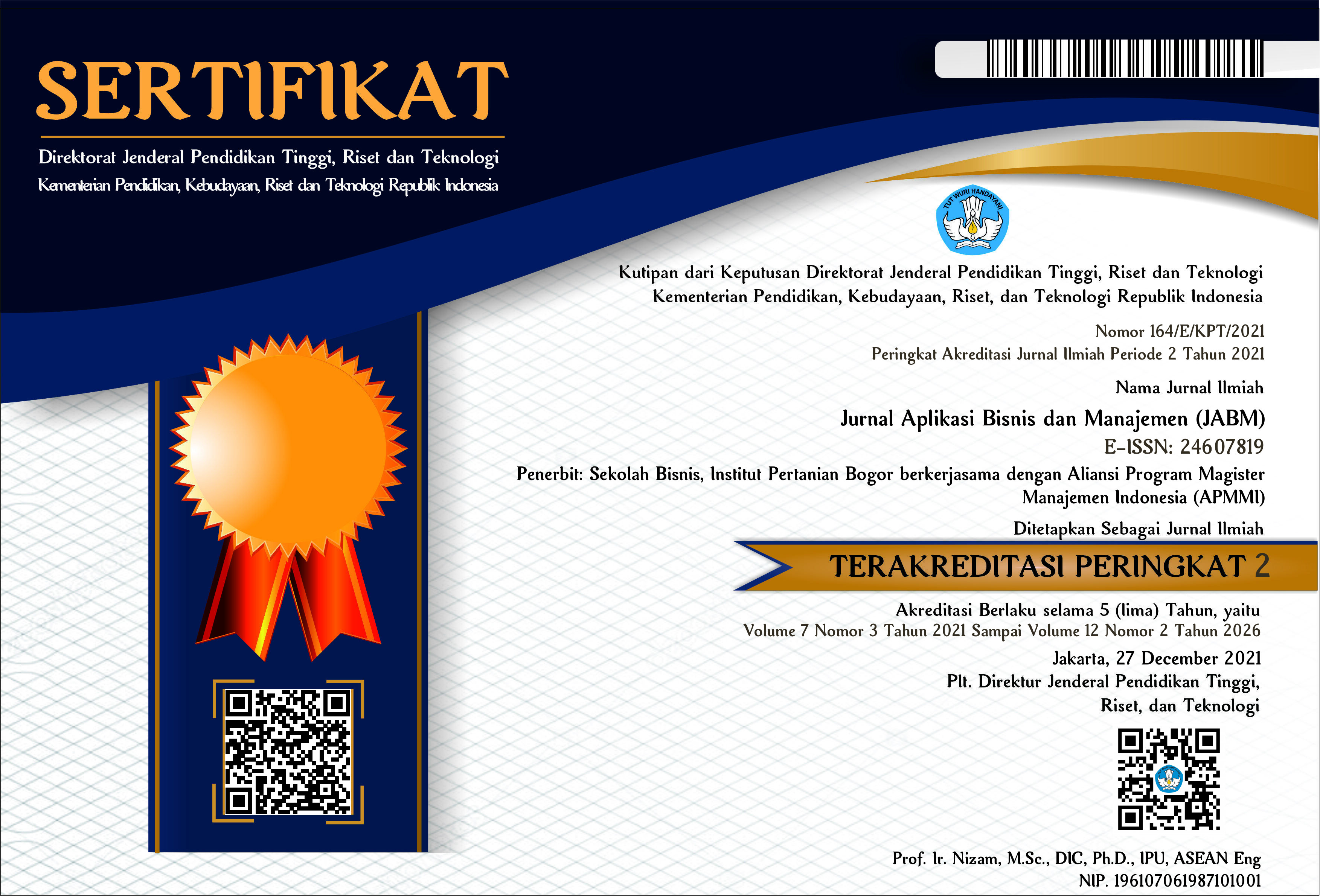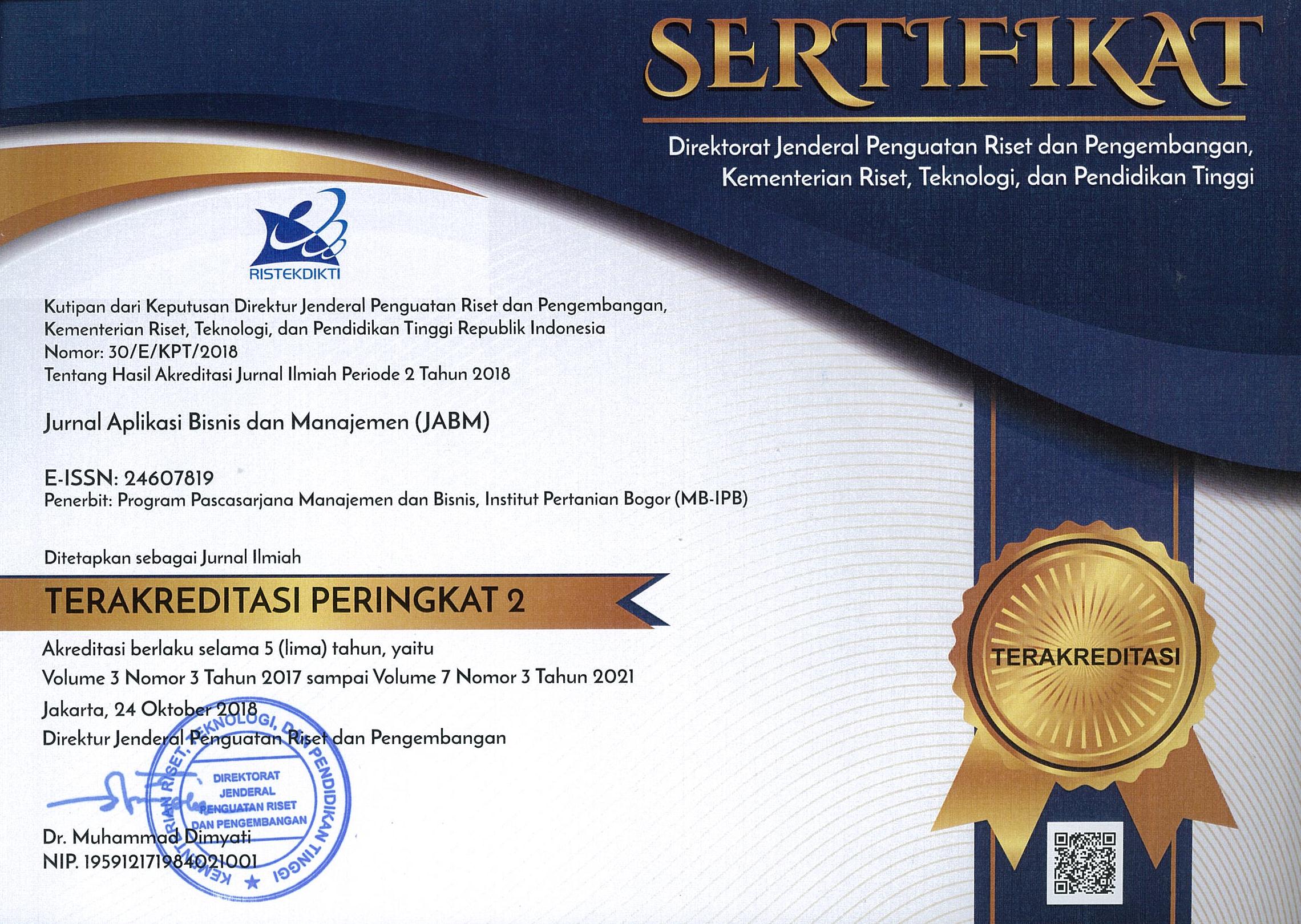Tourists' Role in Achieving Sustainable Gastronomy
Abstract
Background: Not all tourists are aware of and able to support sustainable gastronomy; one factor influencing it is the age of tourists.
Purpose: This research aims to determine the priority level of tourists' abilities based on age in supporting sustainable gastronomy.
Design/methodology/approach: This study uses the Analytical Hierarchy Process (AHP) method to produce alternative priorities and criteria weights in determining the contribution of tourists in creating sustainable gastronomy.
Findings/Result: The results showed that tourists' awareness and ability to support sustainable gastronomy differed from the age of tourists. Baby boomers can support sustainable gastronomy through the viability of local food products; Generation X can support sustainable gastronomy through the survival of local food production and business; Generation Y has the highest ability to support the diversity of local food products, while Generation Z has the highest awareness is in The transmission of culinary knowledge.
Conclusion: The authenticity of gastronomic products and the welfare of the gastronomic business community will indirectly increase with the high awareness of tourists in their participation in creating sustainable gastronomy.
Originality/value (State of the art): These potentials and opportunities show that each generation desires to participate in creating sustainable gastronomy following their respective roles.







